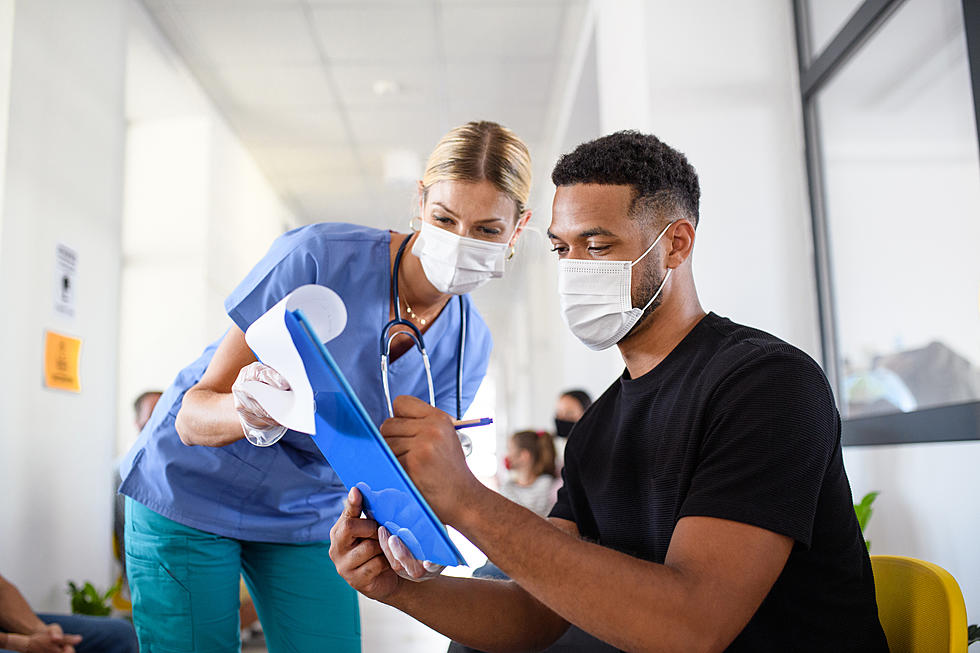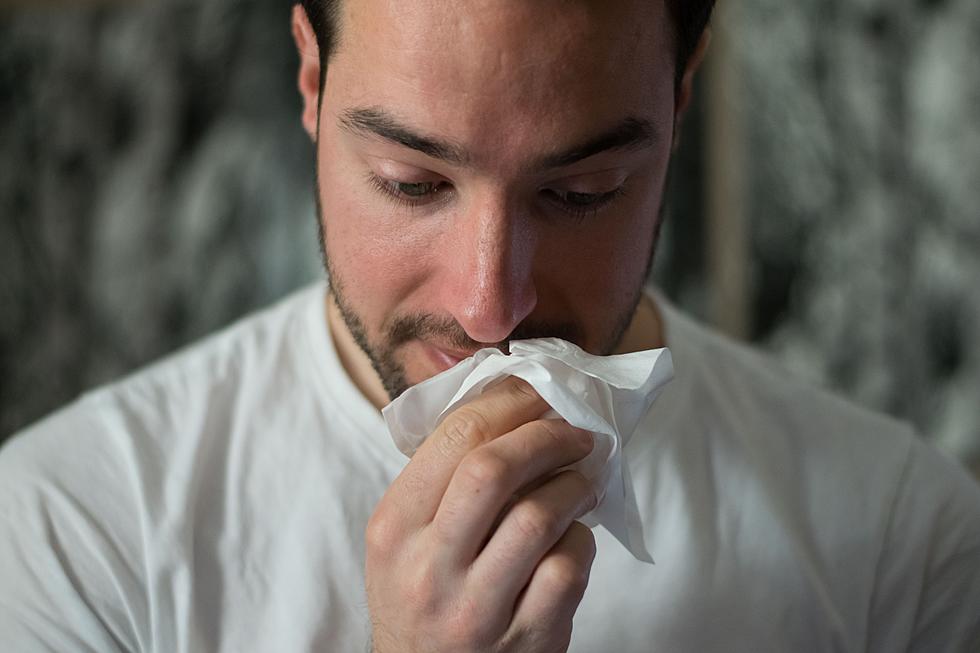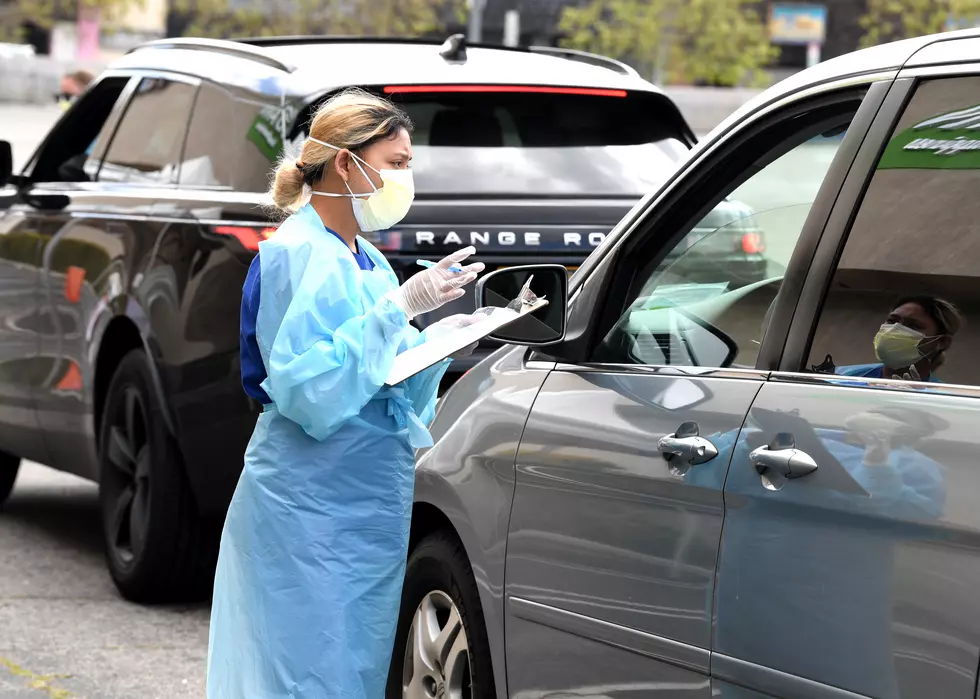
What Are COVID-19 Vaccine Side Effects, and How Long Do They Last?
After hearing how some of your friends have fared when they got the COVID-19 vaccine, are you wondering how you’ll feel once you receive the shot? Some people experience flu-like symptoms. Others feel discomfort at the injection site. Still others don’t notice anything at all. It’s impossible to know what side effects you may experience until you get vaccinated, but symptoms typically disappear within a few days.
Hackensack Meridian Health answers questions that you may have about COVID-19 vaccine side effects:
What are common side effects of COVID-19 vaccines?
Of the three COVID-19 vaccines that have been available within the U.S., two are mRNA vaccines (Pfizer and Moderna), and one is an inactivated viral vector vaccine (Johnson & Johnson). People who receive (or have received) any of these vaccines may experience common side effects such as:
- pain at the injection site
- swelling in the arm that received the injection
- redness at the injection site
- feeling tired or fatigued
- headaches
- muscle pain or achiness
- fever
- chills
- nausea
- “COVID arm” – a harmless red rash that appears, on rare occasions, at the injection site about a week after the injection (this can be associated with the Moderna mRNA vaccine)
Are there special side effects to be aware of from the Johnson & Johnson viral vector vaccine?
As part of the normal safety surveillance of all new medications, the Food and Drug Administration and Centers for Disease Control and Prevention tracks recipients for any unusual medical conditions. In April, the FDA placed a pause on the Johnson & Johnson / Janssen vaccine, after serious blood clots were identified in six people (out of more than 7 million who had received the vaccine).
All of the people who experienced this side effect were women between the ages of 18 and 48, who noticed symptoms between six and 13 days after they were vaccinated. After a thorough review of the cases, the FDA decided to resume use of the Johnson & Johnson / Janssen vaccine shortly after the pause.
The FDA did add the recommendation that if you notice any of the following symptoms in the first two weeks after you receive the Johnson & Johnson / Janssen vaccine, you should seek medical care right away:
- severe headaches
- blurred vision
- fainting or seizures
- stomach or chest pain
- swelling or pain in the legs
- trouble breathing, or shortness of breath
- bruising easily
Should I expect side effects to be worse after my second Pfizer or Moderna COVID-19 vaccine shot?
Maybe. Only people who receive mRNA vaccines need two injections, which are given several weeks apart. (The inactivated viral vector vaccine is only one dose.) Some people who receive mRNA vaccines do experience side effects more intensely after the second shot. This is normal and expected, but it doesn’t happen to everyone. Even if you feel worse after the second shot, the side effects should still resolve within a few days.
Do COVID-19 vaccine side effects mean that I have a mild case of COVID-19?
No. It’s not possible to get COVID-19 from any of the COVID-19 vaccines, because none of them contain SARS-CoV-2, the virus which causes the COVID-19 illness. The vaccines are designed to help your body protect itself from COVID-19. Any side effects which you feel after getting vaccinated are signs that the shot has activated your immune system.
What can I do to relieve the discomfort of COVID-19 vaccine side effects?
Depending on your symptoms, you may try:
- putting a cold compress (such as a damp washcloth) on the injection site
- using your arm, rather than keeping it inactive, to reduce injection site discomfort
- checking with your doctor to see if you can take over-the-counter painkillers
- drinking lots of fluids
- wearing lighter clothing, if you’re feeling feverish
Is there something wrong if I don’t experience side effects from the COVID-19 vaccine?
No. After getting the COVID-19 vaccine, some people don’t notice any pain at the injection site, and they also don’t feel run-down or achy in any way. That’s normal and expected when it happens. Many people who were vaccinated during the COVID-19 clinical trials experienced no symptoms but were found to be protected by the vaccine. So if you don’t feel under the weather, don’t worry – it’s still working.
Next Steps & Resources:
- Meet our source: Thomas Bader, M.D.
- To make an appointment with a Hackensack Meridian Health doctor near you, call 800-822-8905 or visit our website.
- How to Make Your Vaccine Visit as Smooth as Possible
Other resources from Hackensack Meridian Health:
More From 94.3 The Point









